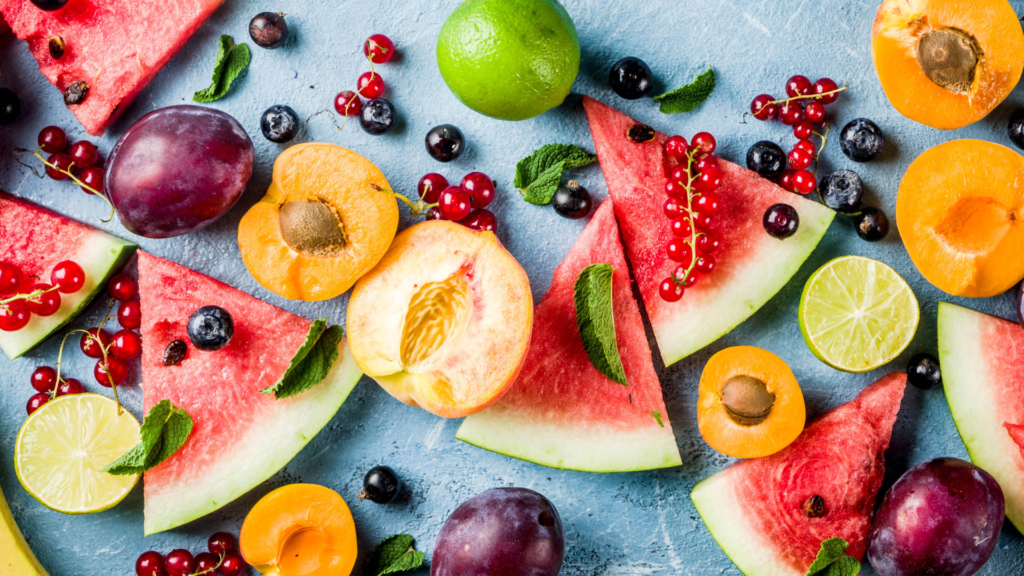Fight Common Vitamin Deficiencies with Colorful Whole Foods
As the temperatures drop and Fall sets in, it’s important to pay special attention to your nutrition to combat the most common vitamin deficiencies that can creep up during the colder seasons. Incorporating a variety of colorful whole foods into your diet can help ensure you stay healthy and vibrant.
Let’s explore some of the most common vitamin deficiencies and the foods that can help you combat them.
1 – Vitamin D Deficiency:
- The Lack: With reduced exposure to sunlight, vitamin D deficiency is prevalent.
- The Fix: Opt for foods like fatty fish (salmon, mackerel), fortified dairy or plant-based milk, and egg yolks. You can also take vitamin D supplements if recommended by a healthcare professional.
2 – Vitamin C Deficiency:
- The Lack: Cold weather can weaken your immune system, and vitamin C is crucial for immune support.
- The Fix: Load up on citrus fruits (oranges, grapefruits), strawberries, kiwi, bell peppers, and broccoli to boost your vitamin C intake.

3 – Vitamin A Deficiency:
- The Lack: Dry skin and impaired vision are signs of vitamin A deficiency, which can worsen in cold weather.
- The Fix: Enjoy sweet potatoes, carrots, spinach, kale, and butternut squash to maintain healthy skin and vision.
4 – Vitamin E Deficiency:
- The Lack: Dry and flaky skin is a common symptom of vitamin E deficiency.
- The Fix: Nuts (almonds, sunflower seeds), spinach, and avocados are excellent sources of vitamin E to keep your skin glowing.
5 – Vitamin K Deficiency:
- The Lack: Vitamin K deficiency can lead to impaired blood clotting.
- The Fix: Consume leafy greens (kale, spinach, collard greens) and broccoli to ensure adequate vitamin K intake.
6 – Vitamin B12 Deficiency:
- The Lack: Fatigue and weakness can result from a deficiency in vitamin B12.
- The Fix: Incorporate dairy products, eggs, whole cereals, and seafood (especially clams and trout) into your diet.
7 – Zinc Deficiency:
- The Lack: Cold weather can make you more susceptible to infections, and zinc is crucial for a strong immune system.
- The Fix: Enjoy foods like oysters, beef, lentils, and chickpeas to meet your zinc requirements.
Cold weather shouldn’t leave you vulnerable to vitamin deficiencies. By incorporating a rainbow of colorful whole foods into your diet, you can provide your body with the essential vitamins and minerals it needs to stay healthy and vibrant throughout Fall and Winter.




